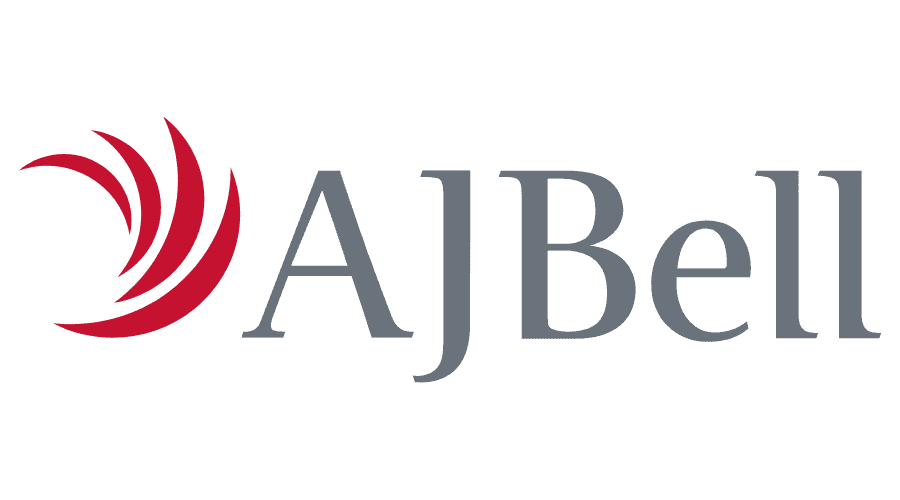Laura Suter, head of personal finance at AJ Bell, comments on the Bank of England interest rate hike.
She said: “This has to be the first interest rate hike that can be linked to a salad shortage. Before yesterday’s inflation figures release it was 50:50 whether the Bank was going to hike rates or keep them at 4%, but once that leap in inflation was published it looked nailed-on that another interest rate hike was coming our way. Just two members of the Monetary Policy Committee voted against the increase, instead thinking rates should stay at 4%.
“The increase to 4.25% marks another 14 year high – the last time rates were higher was October 2008. It also marks the 11th consecutive interest rate hike since the current rate hike cycle began in December 2021.
“The bank has two competing devils on its shoulders that it wants to respond to: the ongoing crisis in the banking industry putting the jitters in markets and the worry that inflation isn’t dropping back as fast as it had hoped. Today inflation won.”
Savings
“The MPC has highlighted banks’ failure to pass on rates rises in its latest report. It points out that easy-access savings rates have risen by ‘significantly less’ than in previous rate-rise cycles, which has pushed more savers into fixed-term accounts in search of higher rates.
“The fire in the savings rates war has died out a little in the past couple of months, but another boost to interest rates should help to rekindle it. A bigger factor is the government’s move in last week’s Budget to task NS&I with raising even more money from savers this year. The mandate means the government-backed provider will have to increase rates and boost its Premium Bond prize fund in order to draw in more savers – a task it’s already struggling to do. This in turn will prompt other providers to up their ante to keep savers’ money.
“Now interest rates have reached meaningful levels savers are being far savvier – they are more likely to move their money to benefit from higher rates, rather than sit by and leave their money earning very little. But anyone who hasn’t shifted their money to a best buy account will be getting little or no benefit from the rate hikes. Banks have been hauled before the Treasury Select Committee and criticised for not passing on rate rises quickly enough, but until that changes savers need to ditch their account and switch to a top-rate offering. Clearly savings rates are still a million miles from inflation of more than 10%, but savers need to get the best return they can, even if it can’t combat rising prices.”
Mortgages
“The 1.4 million people on a tracker or variable rate will see costs increase yet again as a result of today’s rate hike. For someone with £250,000 of borrowing, a 0.25 percentage point rise means an extra £35 a month in costs. At £400,000 of borrowing that rises to an extra £56 a month or more than £672 a year.
“More people opted for tracker mortgages amid the mortgage market mayhem following the mini-Budget last year. When fixed rates soared to such high levels, many homeowners decided to take their chances in the tracker market until rates calmed down. Those who took the gamble will be disappointed at another rate hike today, increasing their costs again. However, many were wise to hold off – as rates have fallen and there are more products available now than at the end of last year.
“One group of homeowners who shouldn’t hang around is those coming off a fixed-rate deal who haven’t got a new mortgage sorted and so will end up falling on their lender’s standard variable rate. Often also called the ‘revert-to’ rate, this is the most expensive rate a lender will charge and has soared in recent months. Moneyfacts data shows the average SVR has leapt over 7% now and means that someone coming off the average two-year fix from 2021 will see their rate rise from 2.57% to 7.12%. On £400,000 of borrowing that would represent a truly shocking increase of £12,588 a year in mortgage costs – more than £1,000 a month. Even at £250,000 of borrowing it means a rise in costs of £656 a month – or almost £8,000 a year.”

















